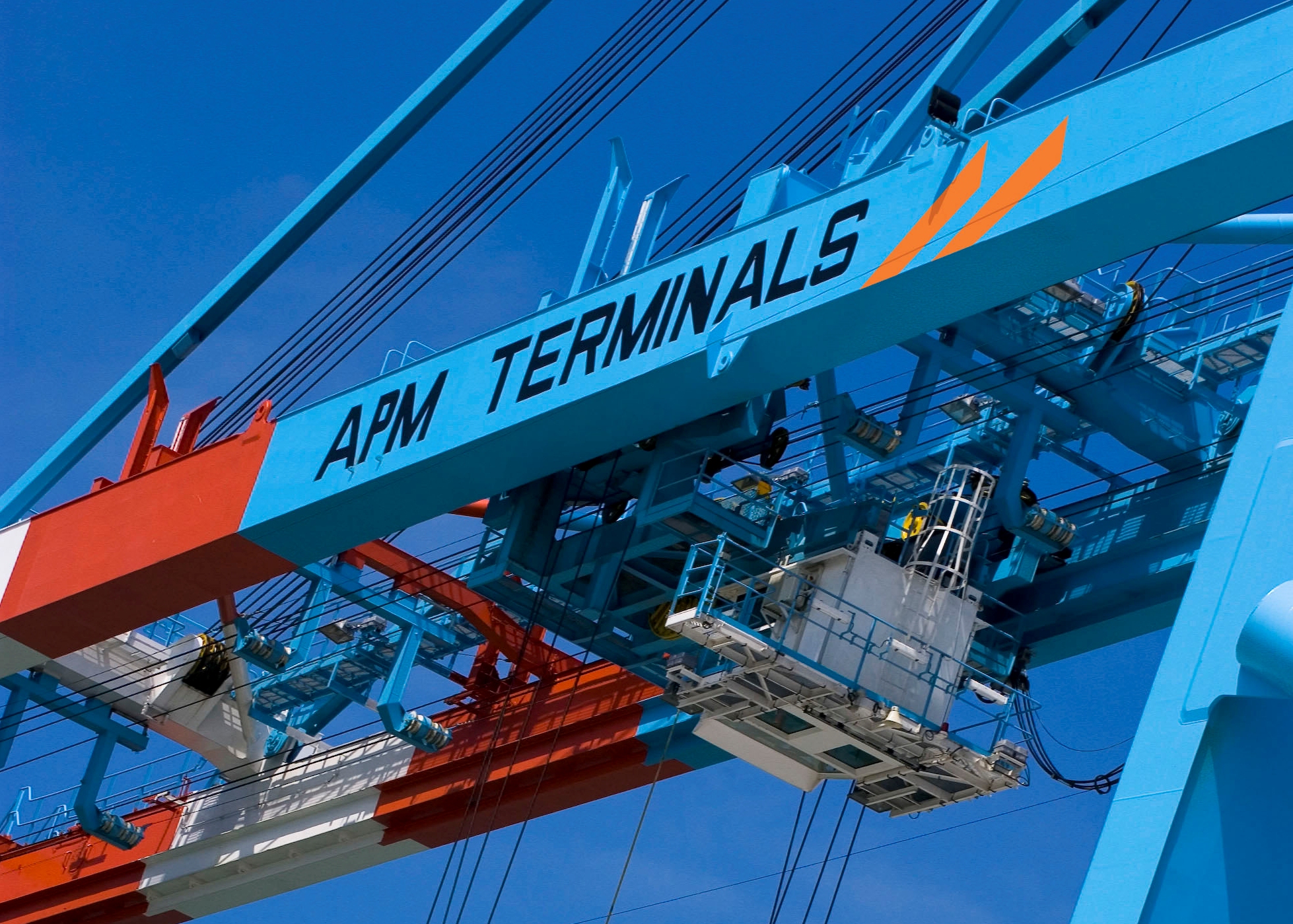
The Management of APM Terminals Apapa has said that contrary to insinuations in certain quarters, it does not deliberately delay cargo in any port terminal, as this would work against its business interest.
The General Manager, Government, Stakeholder Relations and Communications of APM Terminals Apapa, Augustine Fischer, stated this in Lagos weekend.
According to him, “The terminal in Apapa is a gateway terminal, and from a business perspective, it makes sense to have as high a throughput as possible and not store cargo in the terminal.
“In fact, we work tirelessly to ensure cargo leaves the port in Apapa as soon as possible to avoid vessels having to wait to berth due to lack of space to discharge containers.”
Fischer also said that in the past year, APM Terminals Apapa has not experienced IT issues that have affected cargo delivery, “and furthermore there was no protest by any association of freight forwarders at the office of APM
Terminals Apapa” as insinuated in a newspaper article.
Speaking in the same vein, President of the Nigerian Importers Integrity Association (NIIA), Godwin Onyekazi, said it is inconceivable that any terminal operator will impose arbitrary charges on its customers or deliberately delay the delivery of containers.
He said the challenges in cargo delivery at the ports in Lagos are as a result of poor port access roads and poor traffic management in Apapa.
Onyekazi said a new truck call-up system introduced by the Nigerian Ports Authority (NPA) has worsened the plight of truck owners, consignees and their agents.
“The new NPA call-up system is the culprit here. The whole of Tin Can and Apapa ports are now in a state of comatose. There is a near total lockdown because trucks are not allowed into the port as much as they should be.
“Until this anomaly corrected, all of us including the terminal operators, importers, exporters, agents and shipping companies will continue to suffer hardship.
“Government revenue will also continue to suffer while diversion of cargoes to the ports of neighbouring countries and smuggling will continue to be on the increase,” he added.